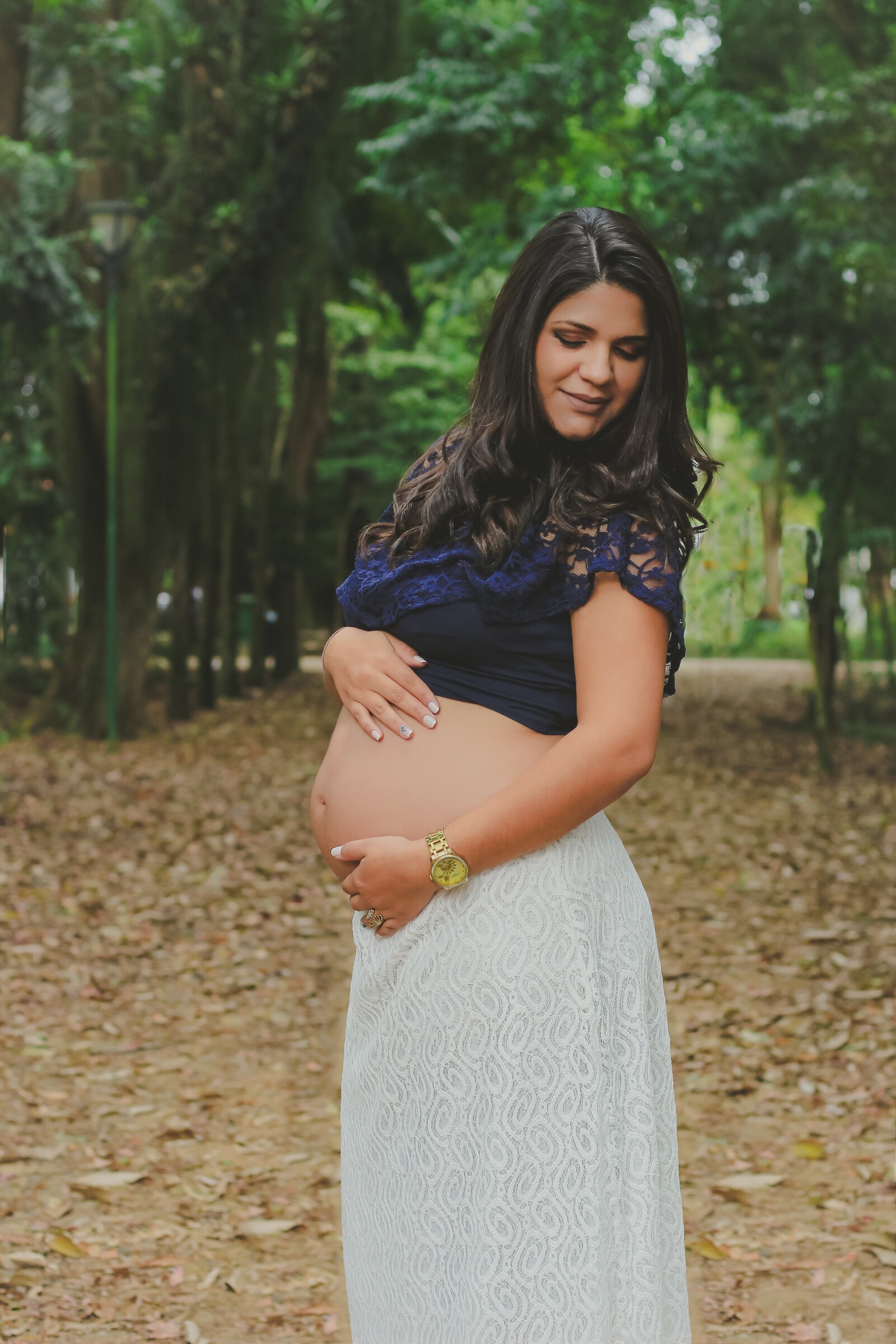nutrition
Can You Take Biotin While Pregnant? The Science of Staying Safe
On This Page

Biotin deficiencies are common during pregnancy. Maintaining adequate levels can be good for the health of the pregnant person and the growing child.
What is biotin and what are its health benefits?
One of the B complex vitamins, biotin is also known as the “H” vitamin or vitamin B-7. Like other B-complex vitamins, it helps your body transform food into the energy you need to function. Like other B vitamins, biotin can support the health of your hair, skin, liver, eyes, and nervous system. Biotin is considered especially important for pregnant women and other pregnant people, since studies show that it can be important for the growth of the embryo.
Sources of biotin
Since the body doesn’t naturally produce biotin, you have to get it from outside sources, including foods and supplements. Some food sources of biotin include:
- Beef liver and organ meats
- Eggs
- Salmon
- Pork
- Legumes (soy and peanuts)
- Sunflower seeds
- Almonds
- Nutritional yeast
It’s important to be mindful of food-processing techniques that render ineffective any biotin that’s found in these food sources. If your goal is to boost your biotin intake, go for less-processed versions of these foods, which will naturally contain more active biotin.
When possible, getting nutrients from natural sources is the way to go. However, if you’re unable to get biotin through these food sources, a supplement might be your best bet. You should make that decision in consultation with a medical professional. This is especially true during pregnancy. Since biotin levels are important during pregnancy (more on that below), you should check with your doctor about whether a supplement is the right idea for you.
Is it safe to take biotin while pregnant?
If you’re pregnant, it’s safe to get biotin from food sources. Indeed, biotin can be essential to fetal development. Many prenatal vitamins include biotin because of its support for your baby’s growth. However, if you’re getting biotin from food sources and a prenatal vitamin, then additional supplementation isn’t necessary or recommended.
Why pregnant women should take biotin
Biotin deficiency during pregnancy
Studies show that marginal biotin deficiency is normal during pregnancy. About a third of pregnant women will show a biotin deficiency over the course of their pregnancy. That’s because the rapid growth and development of a baby that occurs over the course of a pregnancy can use up the body’s regular biotin supply.
That’s why a good prenatal vitamin that includes biotin may be a good idea during pregnancy. When you’re pregnant, biotin helps convert the foods you consume into the energy you and your growing baby need. Biotin has also been shown to support fetal growth. Studies have also revealed a correlation between low biotin levels and those who experience issues during pregnancy.
Some symptoms of biotin deficiency include:
- Hair loss (typically appear gradually and can include thinning hair with progression to loss of all hair on the body)
- Skin changes (scaly, red rash around body openings)
- Neurological changes
- Nail changes (brittle nails)
If you’re pregnant, taking a prenatal vitamin that includes folate, iron, and biotin can be a good idea to support your and your baby’s health.
How much biotin should you take during pregnancy?
For healthy adolescents and adults, the recommended daily allowance of biotin is between 30 and 100 mcg of biotin per day. For pregnant people, 30 mcg of biotin per day is considered an adequate intake. When breastfeeding, the total goes up to 35 mcg of biotin per day.
When adding supplements to your routine, be sure to do your research about the brand you’re choosing, and find a supplement from a reputable brand that has been third-party tested.
Final takeaways
Biotin is a B-complex vitamin that’s essential for your body to function properly. Biotin deficiencies are common for people during pregnancy. If you’re pregnant, it can be important – both for your health and the health of your growing baby – to maintain adequate biotin levels. Biotin has been shown to support fetal development. Moreover, low biotin levels have been correlated with more issues during pregnancy. So, not only is biotin safe to take during pregnancy, it can be a wise and helpful step. To promote the health of your baby, you may want to consider a prenatal vitamin that includes biotin, folate, and iron. As always, talk to your doctor before adding a supplement to your routine.



